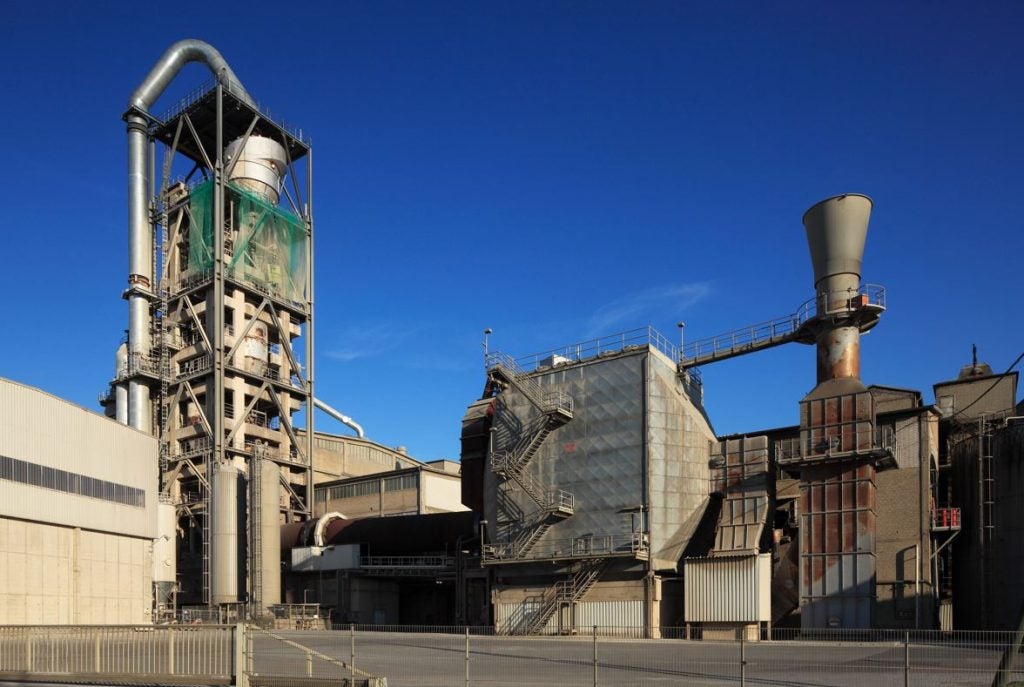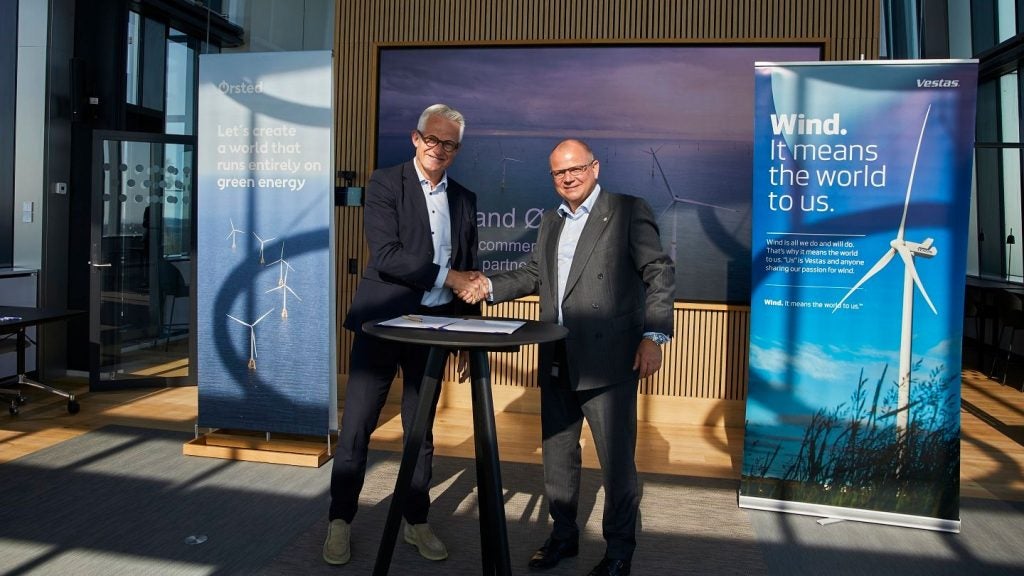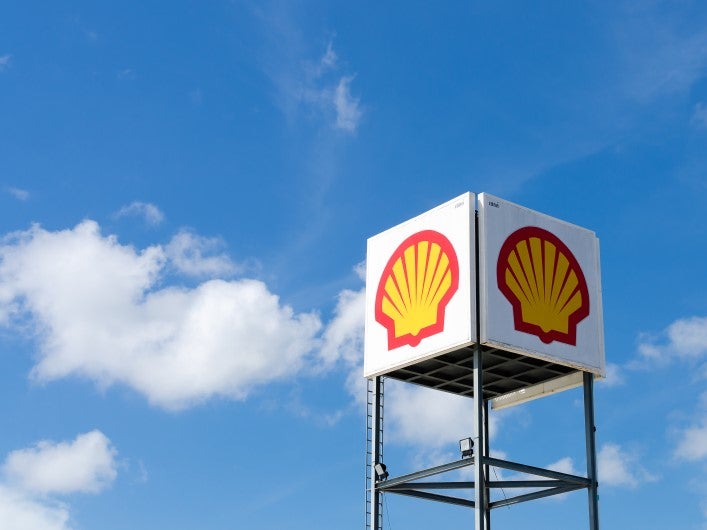Thyssenkrupp Uhde, Holcim and the Technical University of Berlin (TU Berlin) have announced the first tests of their new carbon capture and storage innovation.
Testing is under way on the amine gas scrubbing unit, which was installed over the past year at Holcim’s cement plant in the North Rhine-Westphalia region of Germany. Testing will be completed in 2025, at which point the participants will potentially look to apply it further.
The aim of the project is to use amine gas treating to remove CO₂ emissions from exhaust gas at existing cement plants, storing it before utilising the concentrated CO₂ in other heavy industries. The technique is already used in other industries such as food production but has never been applied to cement production.
An amine is an aqueous solution containing fatty acid compounds. Amine treating involves passing the gas through these compounds, which capture and store CO₂, as well as hydrogen sulfide.
If testing is successful, the project will look to retrofit cement plants with the technology without altering the production process.
The project was initialised in March of 2022, with funding from the German Government. Dr Ralph Kleinschmidt, head of technology, innovation and sustainability at Thyssenkrupp Uhde, stated at the time: "Amine scrubbing is already commonly used to recover CO₂ from process gases or exhaust gases. Now, we are developing the technology further and optimising it for the cement industry."
In February, Power Technology identified Thyssenkrupp as one of the leaders in gas reactor CO₂ capture.
Prof. Jens-Uwe Repke from TU Berlin added: “Developing innovative carbon capture technology for gas treating and improving the efficiency, environmental compatibility and sustainability of existing carbon capture processes, as well as putting them into practice, is an urgent and crucial task that makes a direct contribution to climate protection.”
The Technical University of Berlin is involved in research for several green initiatives beyond carbon capture. In 2021, the university collaborated with Siemens and Oxford University to put forward a white paper to serve as a guide for corporations to attaining sustainability.
Repke continued: “These goals can only be achieved if industry cooperates closely with research facilities like universities."















